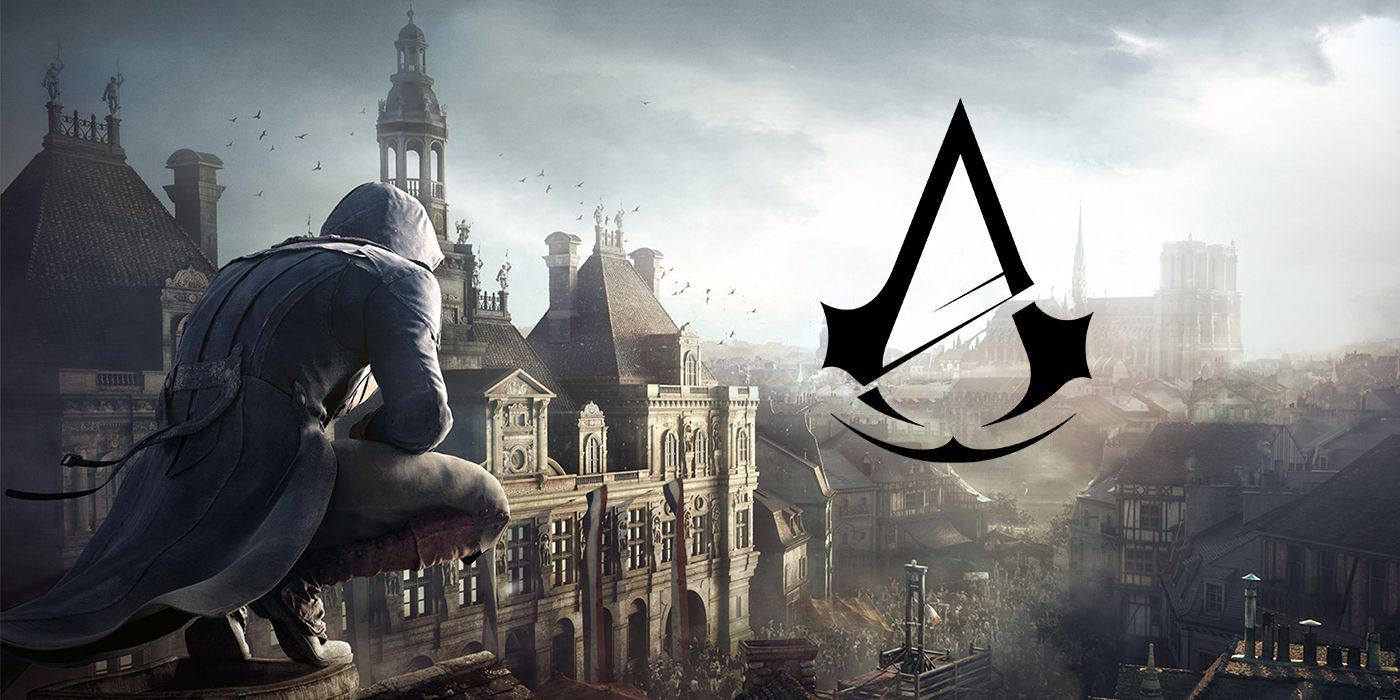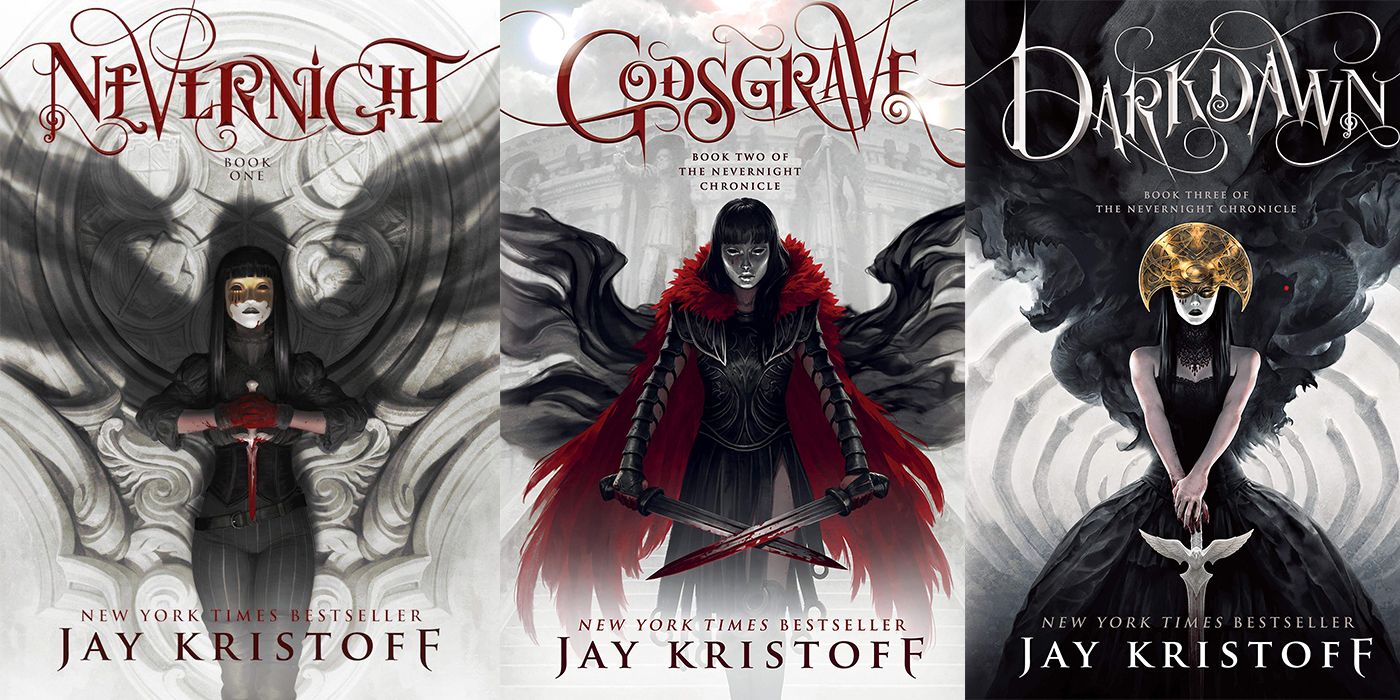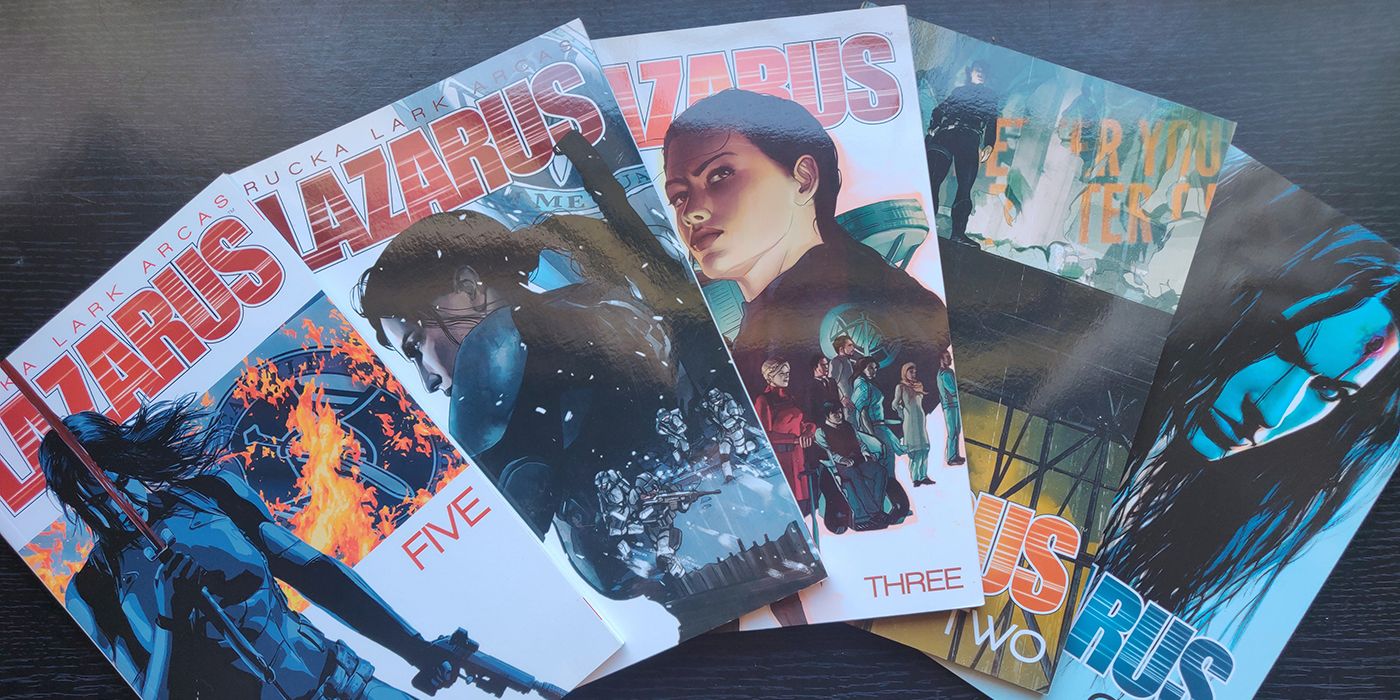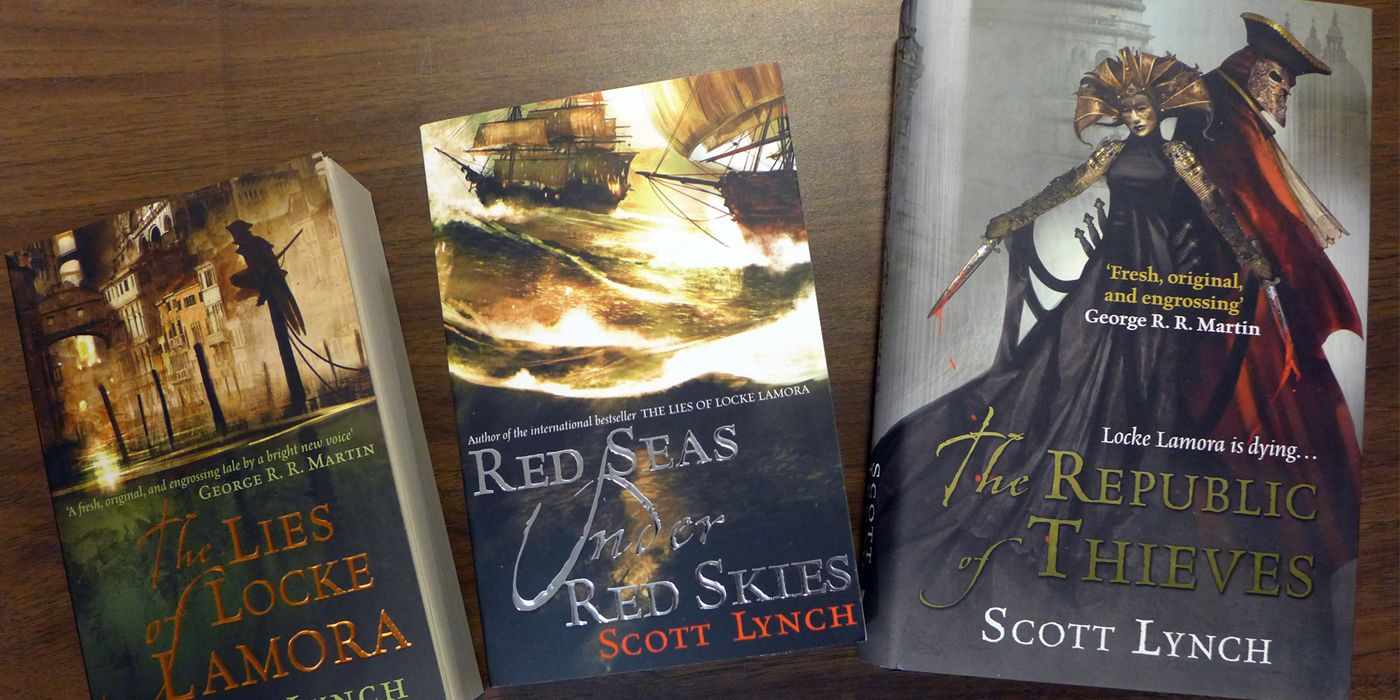
The Assassin's Creed series is a series with multifaceted appeal. It's mix of distinctive settings appeal to history buffs and globetrotters alike. The game's charismatic leads and their cunning, dark alley deeds allow players to live out their cloak and dagger fantasies. And for those who need a little something extra, the series has a compelling metaplot featuring sci-fi flourishes to keep players guessing. But in the wake of Assassin's Creed Valhalla's release, it seems like the there could be a considerable interlude until the next proper AC title arrives.
This is doubly true following the departure of Ubisoft's Assassin's Creed narrative director, Darby McDevitt. While the AC franchise has evolved considerably throughout its long tenure, and will continue to grow in new and exciting ways, McDevitt has left big shoes to fill, and the long wait for the next game will only make expectations higher. Fortunately, there are a number of intriguing stories that will scratch readers' itches for stealth, stabbing, and scheming, set in unique locales with unsavory politics and huge stakes.
RELATED: 10 Times the Assassins Were the True Villains of Assassin's Creed
The following series range from otherworldly period pieces of vengeance and assassination training, to dystopian, high-tech future feudalism, to cunning cutpurses who get in way over their heads. And while none of these series are rooted in reality proper, they all capture the same wonderful union of setting and scenario that make Assassin's Creed games so compelling and immersive.

Mia Corvere, the protagonist of Jay Kristoff's Nevernight Chronicle, would stand proud alongside Kassandra, Rebecca, Aveline, and Assassin's Creed's other greatest heroines. The sole survivor of her family following a failed coup, Mia awakens a dark power and sets out on an even darker life path, vowing to avenge those who were violently taken from her. Her journey hits its stride at a Hogwarts-esque academy—if Hogwarts teachers routinely dismembered, poisoned, and set-up their students while teaching them blade work, wicked magic, and other essentials for aspiring assassins.
Darkly charming as Mia is, Kristoff's setting threatens to steal the show. Recalling Assassin's Creed 2's Venice, a number of fantastic twists, such as architecture carved from the bones of deceased gods, and a world whose unique lunar cycle leaves the world almost perpetually shrouded in light. From the mysterious corridors of the Red Church, to the seedy streets of Godsgrave, Mia is in nearly constant danger, with a cast that keep enemies close and holds friends at knife point.
Kristoff's clever annotations and smart narration make the books read like Hollywood blockbusters as interpreted by a peerless tavern storyteller. Or perhaps the world's best travel guide, providing commentary rife with witty asides, amusing anecdotes, and irreverent facts. Mia's ascension to murderess supreme is both heart-wrenching and exhilarating, spanning savage betrayals, lustful encounters, and a very high body count.

Those who have wondered how Assassin's Creed might play out in the not-so-distant future are likely to imagine Watch Dogs, especially given their shared Ubisoft pedigree and the budding crossover between the two series. Writer Greg Rukka and artist Michael Lark provide a competing and equally if not more persuasive vision of what future apex assassins might look like with their long-running comic series, Lazarus.
Set in a future where the current global order has collapsed, sixteen unimaginably wealthy families rule the world. Under their rule, humanity has been divided into three tiers; family (akin to royalty), serfs (full citizens with some special privileges), and waste (the entire rest of the population). The foremost of these ruling families are protected by human weapons known as Lazari. In this world, elite military units have the same rough odds against a Lazarus, as standard henchmen have against a video game protagonist. The reasons for a Lazarus' fearsome prowess varies from house to house. For series' protagonist Forever 'Eve' Carlyle, that reason is genetic engineering. The end result is like Wolverine on Captain America's super soldier serum.
Readers expecting lighter fair may find Lazarus frustrating, as it is extremely text heavy for a visual medium, and moves slower than the average action-oriented comic book. Although Eve's journey is, at heart, a coming of age story, the telling is equal parts military sci-fi, a critique on current socio-economics, and a family-driven political conspiracy. Extra materials, like in-universe essays, articles, and excerpts are not required to follow the plot, but they inform the world and explain the odd dynamic of post-Wi-Fi feudalism. Even among Image's other grown-up offerings, Lazarus is delightfully dense.
RELATED: Watch Dogs: Legion Roadmap Reveals Assassin's Creed Crossover
Even though Lazarus is set further in the future than Watch Dogs, and some of the technology such as robotics and genetics indulge in some... 'optimistic speculation,' Rukka and Lark's tone feels more grounded. That said, it is also a great deal of fun. The brutal duels and covert-ops that Lazari pull off (alone and in squads) are swift and visceral, awful and satisfying in the right amount of alternation. Pick up Lazarus for the action, and stay for it's prescient meditations on society.

Those enchanted by Ezio Auditore's Venetian adventures, often regarded as the series' high point, will be well-served by Scott Lynch's Gentleman Bastards Sequence. The series titular hero, Locke Lamora, takes his name as a nod to Final Fantasy 6's charming rogue, and his exploits feature high stakes duplicity, murderous conspiracies, and some truly spectacular thievery. Like Nevernight, Locke Lamora brings more magic to Lynch's fantasy version of Venice than Ubisoft's recreation, though the series' introduction in particular is grounded in characters who do not have supernatural powers to fall back on.
Locke has a tongue that switch hits between sharp and silver, much like Ezio, though he is less of a fighter, only falling back on his blade in truly desperate situations where his myriad schemes have failed. Lynch is skilled at spinning yarns that urge the reader to speculate while also subverting their expectations. He is also completely unsentimental about dispatching endearing characters, and foreshadowing personalities outside the confines of a single novel.
Assassin's Creed: Valhalla is available now for PC, PlayStation 4, PlayStation 5, Stadia, Xbox One, and Xbox Series X/S.

